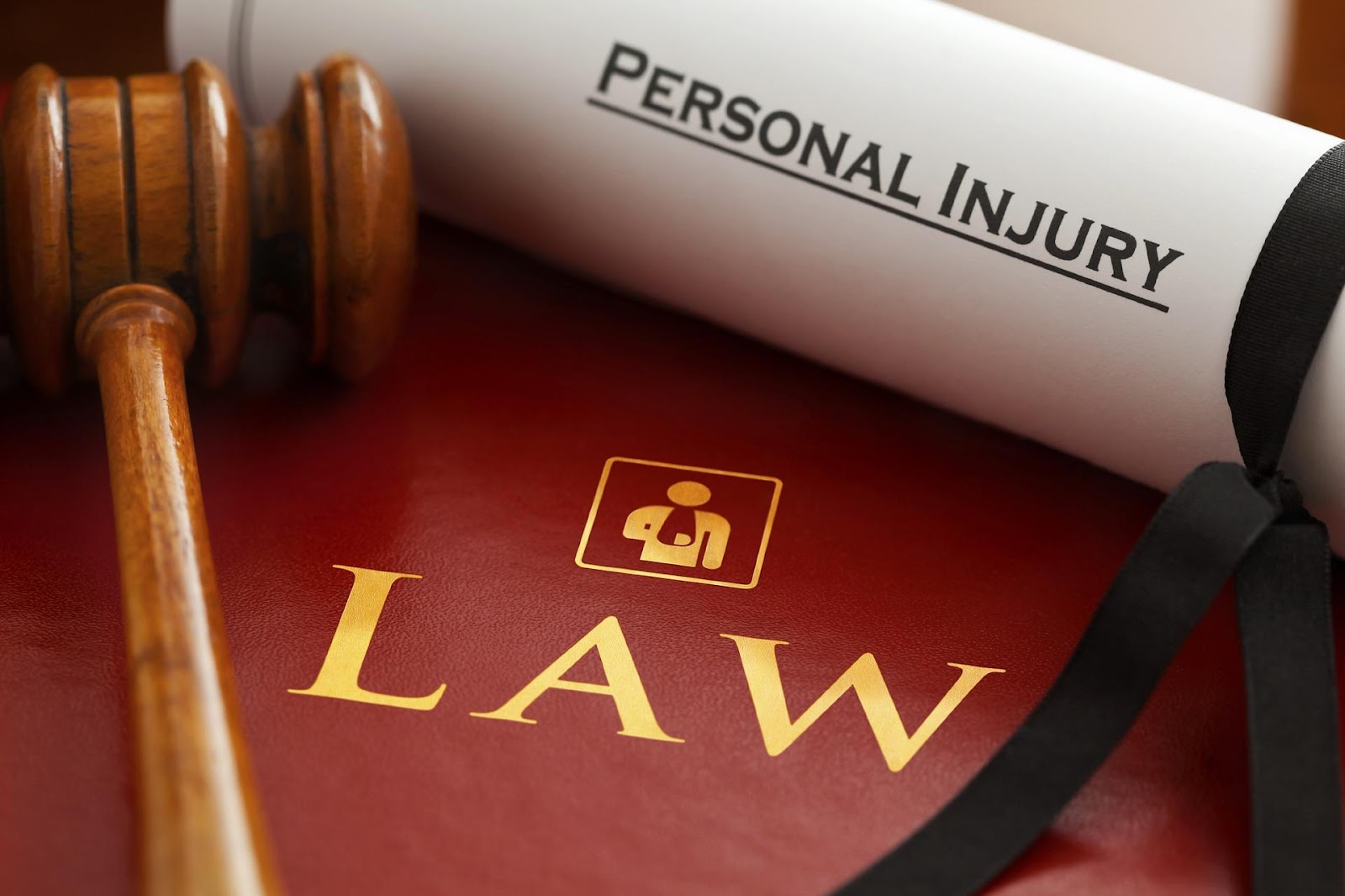Unless you’re a lawyer, you’re unlikely to step foot in a courtroom more than a handful of times. Even then, many never do at all. Typically, many claims won’t reach the courtroom and are handled during arbitration and behind closed doors.
One of the most common cases that the average private citizen will be involved in is personal injury. Accidents happen all the time, but if an injury sustained is severe enough it can stop a person from earning income, enjoying living an active lifestyle, or even changing their quality of life entirely.
There can be countless contextual details that surround an accident. Proving if someone else was at fault isn’t just about securing compensation, it can help trigger changes in practices to avoid similar incidents from happening again. That’s why it’s wise to have an understanding of personal injury claims yourself, how to prepare and respond to them, as well as your rights whether you’re a claimant or defendant.
The Basics
Personal injury can occur for all sorts of reasons. Some of the most common types of personal injury can be sustained through medical negligence, road accidents, and relating to work.
Typically, a claim will fall into one of three categories. One of these is general damages, which are compensatory costs paid for the overall pain and suffering a claimant has experienced. Discussing openly and honestly with your legal team is key to understanding the severity and length of time you’ve suffered an injury.
Another category is special damages, which involves past or future monetary losses and is specific to the claimant. Lawyers are familiar with how these sorts of more abstract costs are calculated and can understand how the client was affected. This type of damages typically incurs a lot of arbitration between claimants and defense teams.
Lawyer Up
These nuances are usually why personal injury claims are rarely ideal for self-representation. The emotion and trauma of personal injury claims clash with the need for clarity when calculating the scale of an injury. Lawyers make great supports for their clients here, and help to base a claim on facts and fighting for a fairer, representative outcome for both parties. This can be especially true when a claimant acts on behalf of a loved one who has passed away due to a personal injury where another person or entity is at fault.
While insurance company representatives will try to trick you into minimizing your compensation, your lawyer will provide advice and guidance so you don’t get confused during the legal processes. Lawyers are great negotiators, which helps them fight for the best settlement possible. Understanding what every party wants and finding the best legal solution is sometimes more important than knowing what the law states. Proficient personal injury lawyers spend a large proportion of their time negotiating with the involved parties and investigating your case appropriately.
Accident lawyers specialize in representing individuals injured in car, truck, and motorcycle accidents. A motorcycle accident attorney in Houston focuses on proving negligence, navigating complex regulations, and maximizing compensation for their clients’ injuries and losses, tailored to the specific challenges posed by each type of accident.

Source: Unsplash
Timeframes
The gears of law are famously not the most expedient. A trial might last days or weeks but the case as a whole can be much longer. Most lawyers would estimate somewhere from 6-8 months for a personal injury claim to be settled, but more complex cases can take much longer. However, medical examinations and records can help speed up the building of your case. You also have a time limit for making a claim, which is usually fixed at around three years following an incident or the diagnosis of a condition that you claim was caused by an external party.
The best possible chances of winning a personal injury claim lie in a strong body of evidence. The legal system aims to be as balanced and equal as possible, so fighting your corner in light of life-changing injuries can be taxing on both your time and emotions. That’s why your best bet is to fill that corner with professionalism and emotional support – you’ll be glad to have it.
















